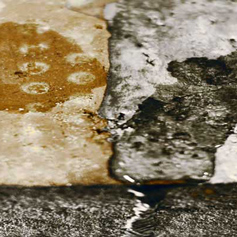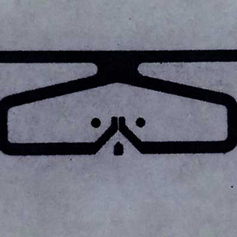
Applications
Graphene is a disruptive technology; one that could open up new markets and even replace existing technologies or materials. It is when graphene is used both to improve an existing material and in a transformational capacity that its true potential can be realised.
Combining all of graphene's amazing properties could create an impact of the scale last seen with the Industrial Revolution.
The vast number of products, processes and industries for which graphene could create a significant impact all stems from its amazing properties.
No other material has the breadth of superlatives that graphene boasts, making it ideal for countless applications.
- It is many times times stronger than steel, yet incredibly lightweight and flexible.
- It is electrically and thermally conductive but also transparent.
- It is the world's first 2D material and is one million times thinner than the diameter of a single human hair.
Application areas
Transport, medicine, electronics, energy, defence, desalination; the range of industries where graphene research is making an impact is substantial.
And this is only the start. These are only the first steps. The potential of graphene is limited only by our imagination.
-
Biomedical
Graphene's unique properties allow for ground-breaking biomedical applications: targeted drug delivery; improved brain penetration; DIY health-testing kits and 'smart' implants.
Read more
-
Composites and coatings
Graphene is a material with a huge number of outstanding qualities; strength, flexibility, lightweight and conductivity.
Read more
-
Electronics
Graphene has the potential to create the next-generation of electronics currently limited to sci-fi. Think faster transistors; semiconductors; bendable phones and other electronics.
Read more
-
Energy
Imagine fully charging a smartphone in seconds, or an electric car in minutes. That's the power of graphene.
Read more
-
Membranes
Imagine clean drinking water for millions of people living in developing countries. The development of graphene-based membranes at The University of Manchester brings that possibility closer.
Read more
-
Sensors
Ultra-sensitive sensors made from graphene could detect minute dangerous particles and help to protect in potentially dangerous environments.
Read more






